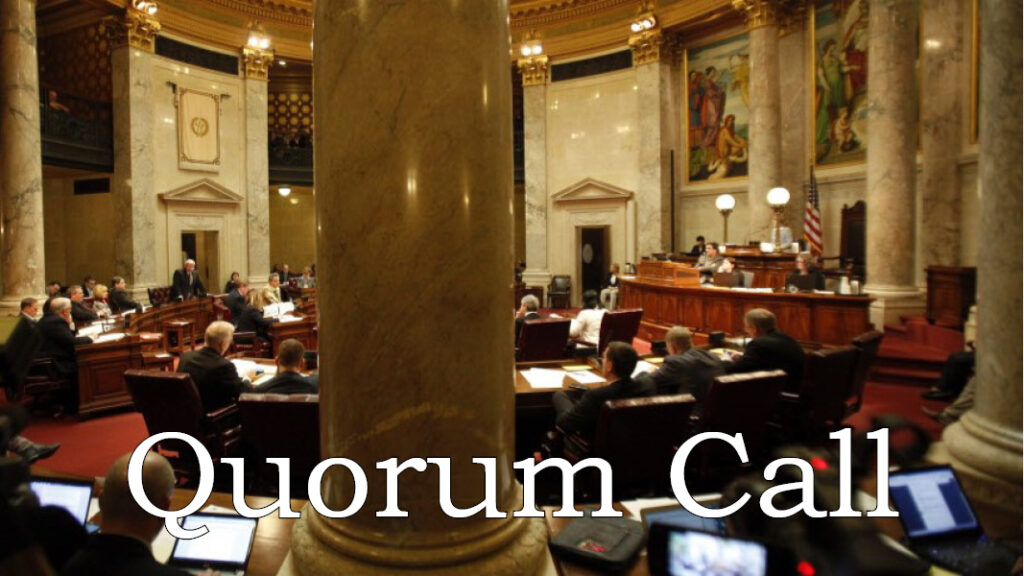The Assembly today 62-36 approved the more than $2.2 billion tax cut plan the Senate swapped in to replace Gov. Tony Evers’ special session workforce development package.
The package seeks to restore a tax reduction that Evers vetoed this summer, while it also expands breaks for child care costs and private school tuition. Senate Special Session Bill 1, which cleared the Senate last month, would cut the individual income tax rate in the third bracket to 4.4% from 5.3%. Evers vetoed a similar proposal in the budget.
Rep. Scott Allen, R-Waukesha, was the only Republican to join Dems against the measure.
The bill also would increase a state income tax credit for those who are eligible to claim the federal child and dependent care tax credit. It would accomplish that by raising the employment-related expense limitation to $10,000 from $3,000 for one qualifying dependent and to $20,000 from $6,000 for two or more qualifying dependents.
>> WisPolitics is now on the State Affairs network. Get custom keyword notifications, bill tracking and all WisPolitics content. Get the app or access via desktop.
And it would boost the amount a parent can deduct from their taxes to send their child to private school. The amount would increase to $5,070 from $4,000 for an elementary school student and to $12,660 from $10,000 for a secondary school student.
Minority Leader Greta Neubauer took the chance to rip Republicans for blocking Evers’ plan to issue pay raises for Universities of Wisconsin employees.
“I want every UW employee who’s tuning in or who will hear about our actions here today to know that it’s Democrats who will continue fighting,” she said shortly before the Republican-led Assembly tabled a Dem amendment to revert to Evers’ original language.
Rep. Shae Sortwell, R-Two Rivers, argued the bill is a compromise with Dems because “there are certain things in this bill I don’t really care for, and yet, there’s a lot of good stuff in the bill too.”
He focused much of his floor speech on process improvements for the Department of Safety and Professional Services, such as axing at least one outdated exam for occupational licensing. Sortwell has repeatedly grilled DSPS for an extensive backlog of licensure requests that spawned during the COVID-19 pandemic.
“But let’s not talk about the fact that somehow it doesn’t have your entire wish list in it,” he said. “Because this is about legislating, and no piece of legislation is going to have every part of any one of our wish lists in it.”
Rep. Katrina Shankland, D-Stevens Point, asked five committee chairs to respond to a question on how the GOP-authored workforce package was better than Evers’ plan. All five said they would not take her questions.
“What is missing from this bill is going to impact hundreds if not thousands of people related to child care access, related to employers having workers, related to students having a spot at their local two-to-four year university, and related to affordability of higher education,” she said.
Rep. Warren Petryk, R-Town of Washington, argued “despite the misguided and confusing rhetoric that we’ve heard on the other side of the aisle,” the bill would actually get more people to work, not hurt jobs.
“Voting against this Senate amendment bill in reality serves to harms those on unemployment assistance who are looking for work because they don’t get provided the statutory ability to get access to the services that they need to find their next career,” he said.

